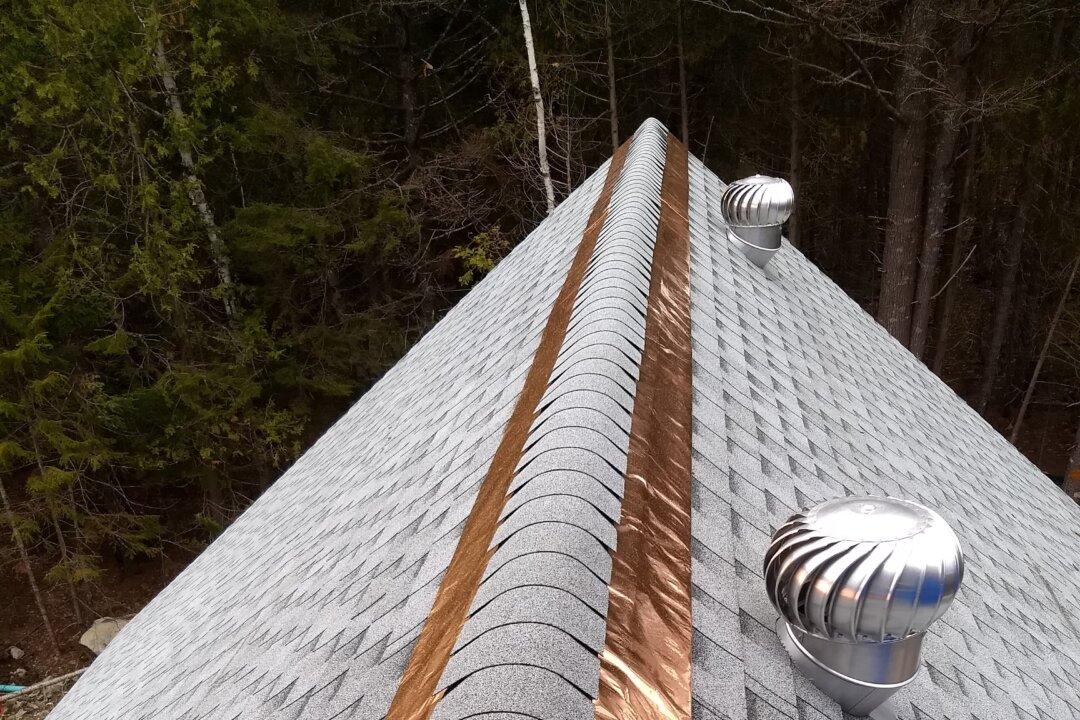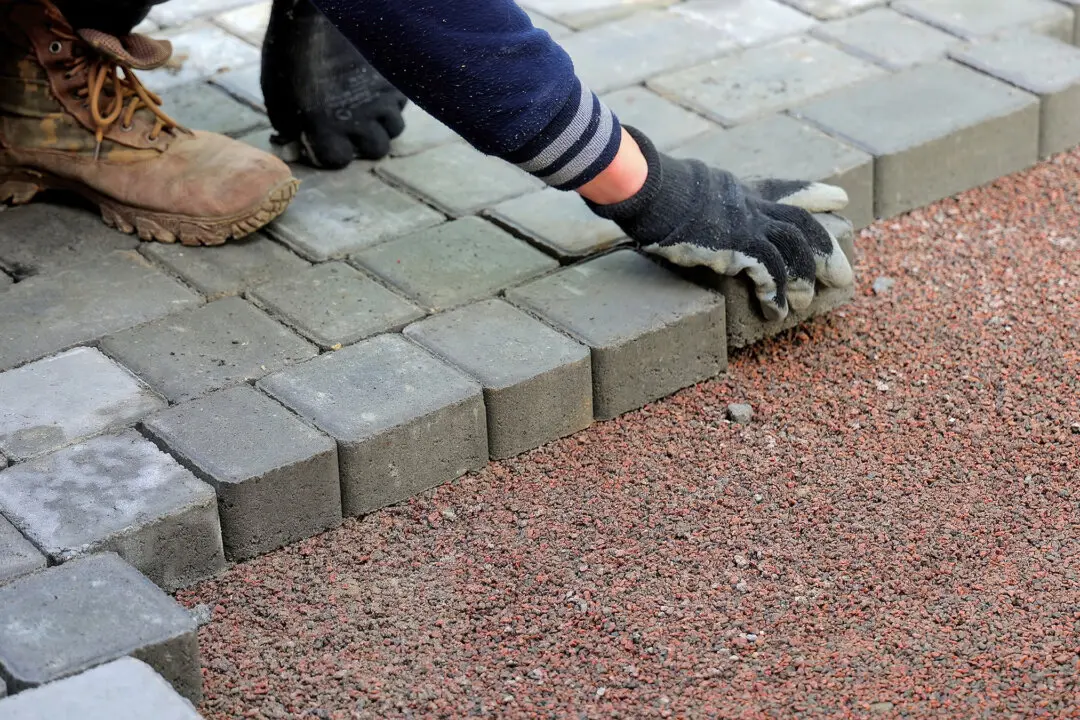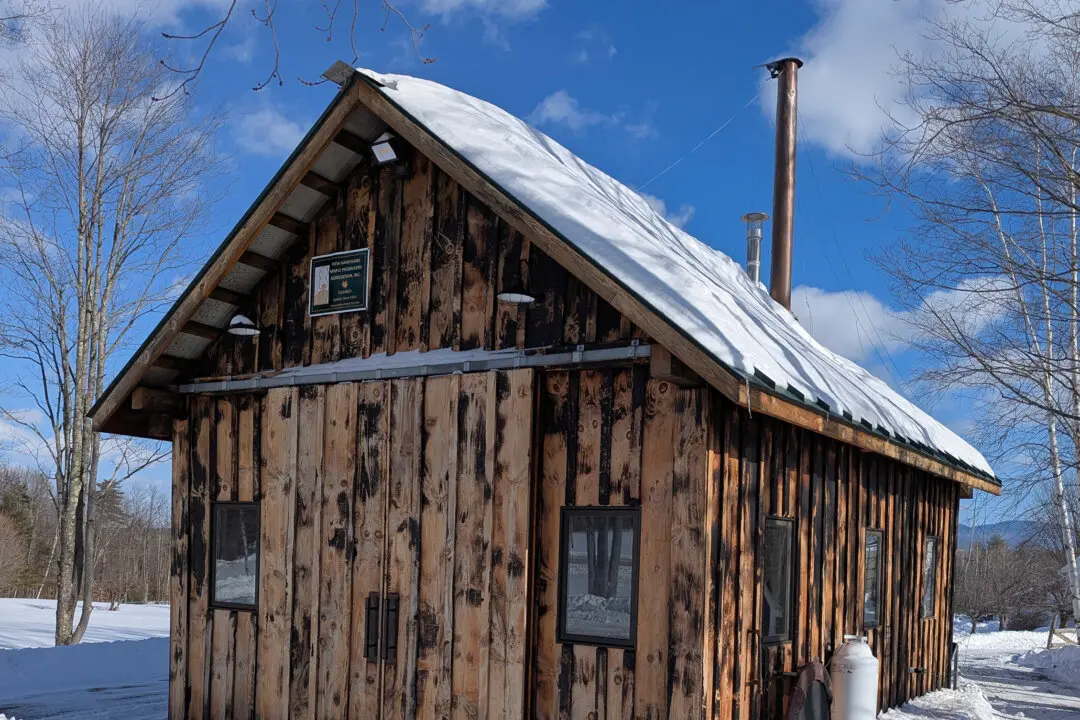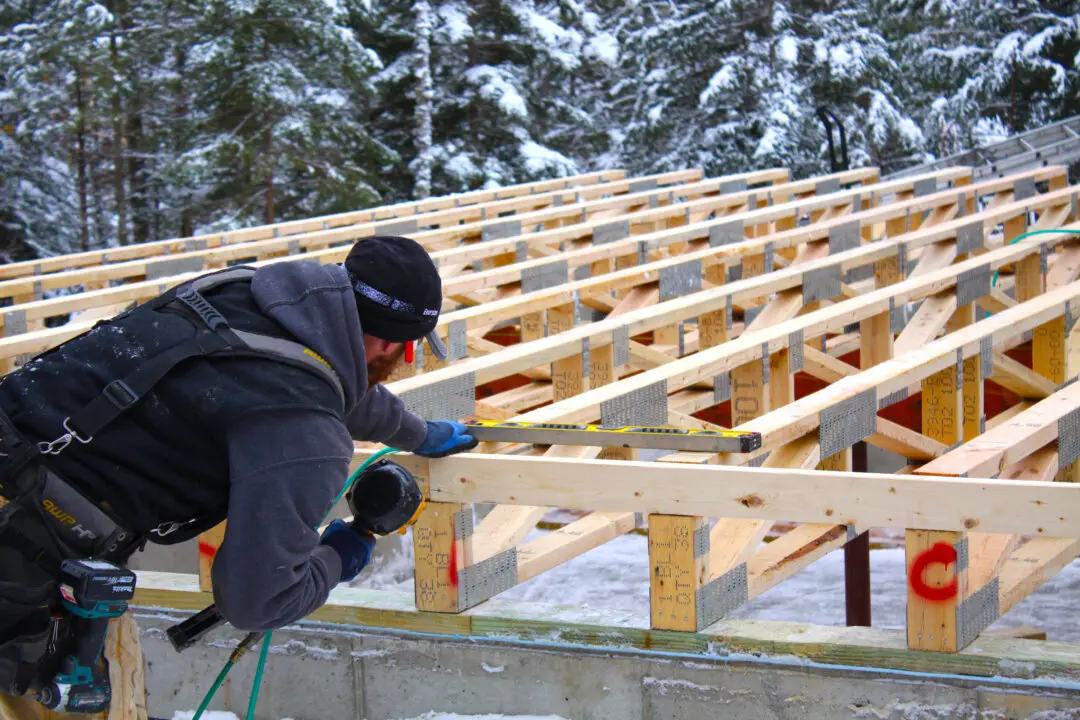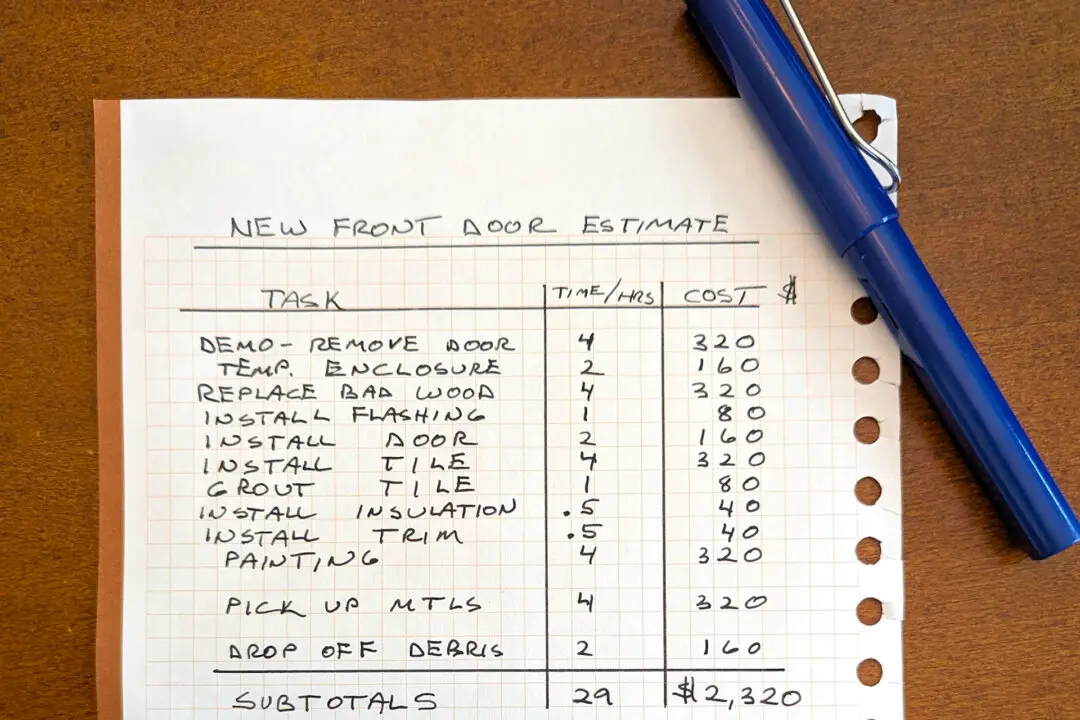A week ago, I made a decision to ratchet up my ability to save readers as much money as possible in these very challenging financial times. Inflation is raging. In my opinion, it’s going to get worse. Use the URL I provide at the end of this column to tell me what issue you’re having. I’m going to address as many as I can in future columns.
Every day I get more emails at my website like the one I got from Beryl about the roofs in her giant condo complex. She said she lives in a community of 17 free-standing two-story duplexes. The development was built in 1985 and the roofs were replaced in 2005 after 20 years of use. The current shingles on the condos have a 30-year warranty. They’re now 17 years old.
Beryl said condo owners in the complex are experiencing leaks and failures not related to ice and snow. The worst part is she said the condo board is budgeting the staggering sum of $1,000,000 to replace the roofs eight years from now. Doing the math, that’s more than $58,000 per building.
I only knew the city where Beryl lived and she had sent me a low-resolution photo of the buildings taken from her deck or patio. Using Google Maps in the satellite mode I was able to locate her development in less than a minute. I then used parked cars for scale and determined that each of the roofs on the buildings averaged about 85 squares or 8,500 square feet of roof area.
Taking inflation into account and what it might be eight years from now, it turns out the board’s estimate could be very accurate. It’s a mind-numbing number. Just imagine what kind of special assessment each condo owner will have to cough up to pay for the new roofs!
How does this affect you? The odds are you have an asphalt shingle roof on your home. The vast majority of homes and small businesses in the United States use this disposable roofing material. You might wonder if it’s possible to have an asphalt shingle roof last 50 or even 60 years like the one on my friend’s house in Los Angeles. It is possible.
Beryl and her fellow condo owners may not have to spend all that money in eight years if their current roof is in great shape. They can add copper strips at the top of all the ridges on the roofs and dormers that will arrest the aging process of the shingles. While writing my exposé book, “Roofing Ripoff,” five years ago, I discovered that copper ions bond with asphalt molecules. When this happens, it prevents the asphalt molecules from cross linking using oxygen.
Cross linking makes the asphalt more brittle. When the asphalt becomes brittle, shingles start to curl and lose the granules. The colored granules are incorporated into shingles to prevent them from failing in a few years. Think of them as sunscreen like you use on your skin to prevent sunburn.
I cover all this in great detail in my short, easy-to-read book. What’s more, I have the photographic proof that copper works, as well as feedback from three physical chemists who subscribe to my newsletter.
If you have a new asphalt shingle roof or one that’s older but in fantastic shape, you can extend its life by decades if you simply install thin rolls of copper at the top of the roof ridges. The copper can be blind nailed so it doesn’t get destroyed by wind storms. Each time it rains, copper ions wash off the strips and bond with the asphalt that you can see in between the colored ceramic granules.
The best part is the bright new copper turns a deep nut brown in about 18 months. On low-slope roofs you can barely see the copper from the ground. It’s easy to install the copper as part of a new roof installation. It’s a bit more work to install it on existing roofs in good shape where the shingles are still flexible when heated up by the sun.
You may wonder if zinc strips will do the same thing. I can’t tell you, as I didn’t test zinc and the test takes about 20 or 30 years to complete. To get the maximum benefit from the copper you need at least 6 inches to 10 inches of it exposed for every 25 feet of shingles that are below the copper. I had 10 inches of copper exposed on each side of my daughter’s roof.
Keep in mind that the copper must be exposed to direct sunlight during the day for this to work. The sun launches photons at your roof constantly, and when they hit the copper at a speed of 186,000 miles per hour, they dislodge the copper ions. These then get washed down the roof the next time it rains. Your roof is very important, so it’s vital you do all you can to extend its life.
What can I help you with? What issues around your home worry you? What do you want me to discuss in my upcoming columns? Go here and tell me. Be sure to type the word GO in the URL: https://GO.askthebuilder.com/helpmetim.

